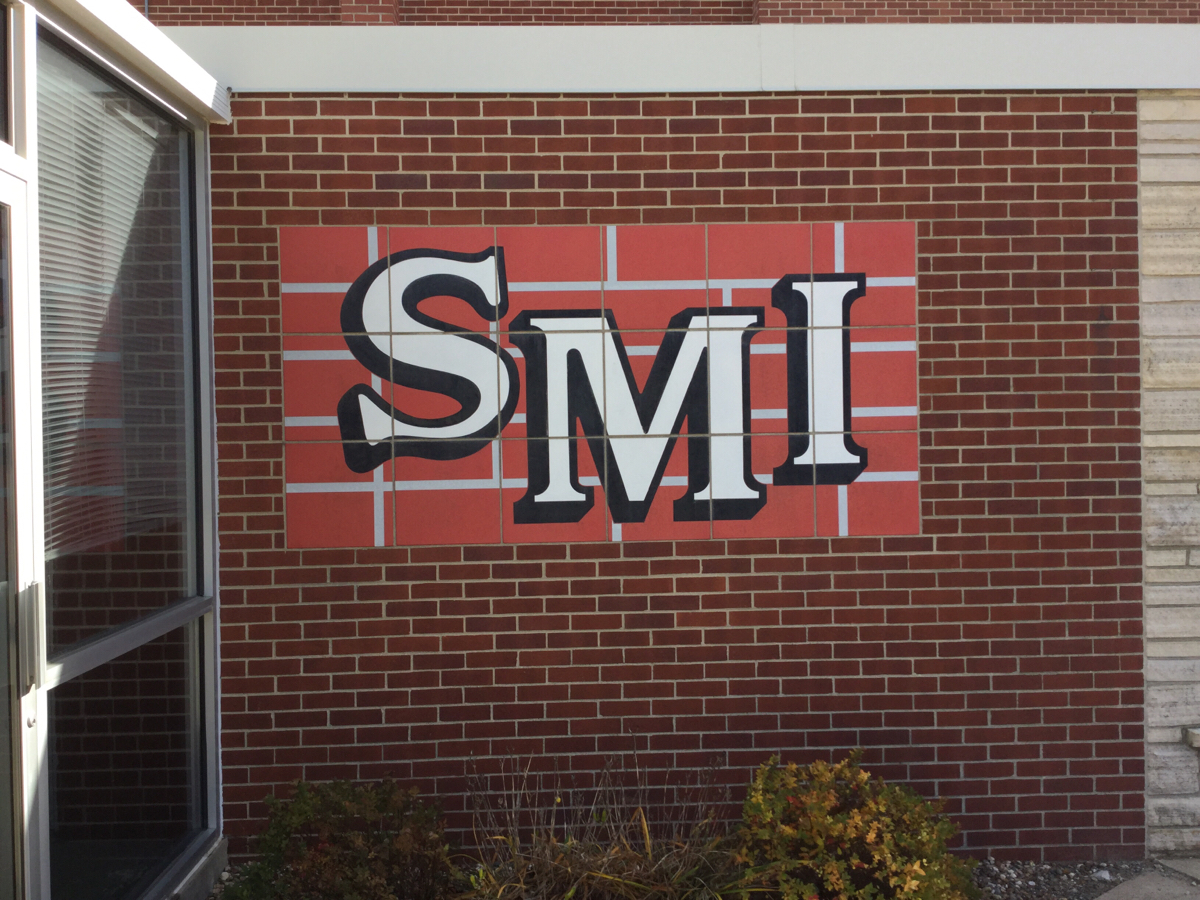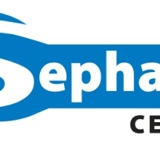Title Page
-
Document No.
-
Audit Title
-
Client / Site
-
Conducted on
-
Prepared by
-
Location
-
Personnel
-
Overview job pictures
-
General audit comments
Explanation of audit scoring
-
"Yes" (green color) - 2 points
(The job site performance met or exceeded expectations for this specific audit question)
"Improve" (yellow color) - 1 point
(The performance generally met expectations, but some specific improvements were needed)
"No" (red color) - 0 points
(The performance failed to meet expectations, or serious violations were addressed)
"N/A" ( blue color)
(If a question does not apply to job site activities, the auditor will select "N/A" for "not applicable". No score will be added or subtracted from the audit.
P.P.E.
-
Are employees wearing hard hats 100% of the time?
-
Are safety glasses worn 100% of the time?
-
Are employees wearing appropriate safety glasses for their environment? ( no sunglasses in dark areas ,no fogging,no defects)?
-
Have face shields been selected for appropriate hazards? ( grinding,drilling overhead, flying debris)
-
Is Hearing protection being used while sawing inside or on a table saw?
-
Is eyewash in an accessible area and properly set up?
-
Respirators- if used, are they being used properly?
-
Are gloves and safety glasses being worn during wash down?
-
If required by job site, are all employees wearing high visibility clothing?
-
Are employees wearing work boots that comply with SMI?
-
Are employees wearing shirts with four inch sleeves? (No cut offs)
HazCom
-
HazCom notebook present?
-
HazCom checklist present ?
-
Are containers labeled properly? Are labels legible?
Administration
-
Are labor law postings available in an accessible place?
-
Are the Material Safety Data Sheets (MSDS) and/or Safety Data Sheets (SDS) on site for every potential chemical exposure?
-
Has a site safety plan been developed and followed?
-
Are morning huddles being conducted?
-
Have all employees participated in morning stretches?
-
Is the Emergency Medical Card posted?
-
Is an approved First Aid Kit present?
Fall protection
-
Is the fall arrest equipment in good working order (fully functional, no defects, or damage)?
-
Are PFAS being worn correctly? - This includes a full body harness, an appropriate connection device (lanyard/SRL), and an adequate anchorage point (able to withstand at least 5,000 lbs force or have an engineered safety factor of two times the potential force of the fall).
-
Have all affected employees been trained on the proper use of personal fall protection systems?
-
Has a Fall Rescue Plan been put in place and discussed with the crew? <br>(Ex. If a crew member falls while using a PFAS and is knocked unconscious, how will we retrieve the individual safely?)
-
Are all employees ( within 15' of leading edge) protected by personal fall arrest system or guard rail systems?
-
If SMI employees are working from the leading edge have they put up a control access zone 15' feet from the edge? <br>To keep unauthorized people out?<br>
Scaffolds
-
Are scaffolds built level and plumb?
-
Are mud sills (pads) in place, level, and on stable ground?
-
Are screw jacks in place, centered on pad, and not jacked up too high?
-
Have all braces been put in place?
-
Are scaffolds fully planked ( where employees are working)?
-
Are the scaffold plank in good condition? Are employees removing defective plank from service?
-
Do plank extend 6" but not more than 12" over frames? If not, are employees cleating plank to secure them from displacement?
-
Are all guard rails and end rails in place (6' tall or higher) if employees are working from or accessing the jump?
-
Have all toe boards been installed on all decks with material on them?
-
Are the mason's foot plank end rails in place (over 6 feet)?
-
Has a bricklayer's foot plank access been put in place (when needed)?
-
Are scaffolds erected no higher than four times the minimum base width?
-
Are scaffolds braced, guyed, or tied to the structure properly? (At least every 30ft horizontally, 20ft vertically, and 26ft thereafter)
-
Are the scaffold platforms that employees are working on easily accessible? (Free of debris, trash, trip hazards, etc..)
-
Have employees made safe access to the scaffold access, and the jumps they are working on? (Ladders, Hewitt Systems, etc...)
-
Are scaffold tags being filled out properly? (Signed and dated by competent person)
-
Are scaffold tags being removed from placards when scaffold is incomplete and/or at the end of each shift?
-
Are scaffolds not fully stocked over two and a half jumps ahead?
-
Does the scaffold have pig tails in?
Rigging
-
Are rigging shackles, hooks, and lifting accessories operating freely and in good working order?
-
Are wire rope slings free of kinks, signs of bird caging, excessive wear, or any other defects?
-
In one lay, are there less than 3 broken wires in 1 strand?
-
Within 1ft from the eye on a wire rope, are there less than 2 broken wires in 1 strand ?
-
Are tags present on all slings that list manufacturer and recommended safe working load?
-
Are synthetic/nylon straps in good condition? (No tears/cuts/frays, no visible red string, no UV and/or chemical damage)
-
Are all rigging components and/or slings used correctly and within lifting capacity?
Fire Protection
-
Are all flammable safety cans properly labeled?
-
Are fire extinguishers posted near all flammable storage areas and hot work zones?
-
Do all fire extinguishers have a tag demonstrating that they have received documented annual inspections? Are employees inspecting fire extinguishers frequently?
-
Are all fire extinguishers in good working order? (Pin and tamper seal are present, good pressure, extinguisher hose free of obstruction)
Power Machinery
-
Are all documented inspections completed before each use?
-
Are all pieces of powered equipment operating well without leaks or obvious signs of physical defects?
-
Are all attachments secured from movement?
-
Are all equipment operators trained and/or certified on the equipment they are operating? (Forklifts, skid loaders, cranes, etc..)
Electrical Equipment (power tools)
-
Have assured grounding tests been conducted on tools and extension cords in use? (correct quarterly color)
-
Are all power tool and extension cords in good condition?
-
Are all manufacturer recommended guards properly mounted and used?
-
Are extension cords GFCI protected?
-
Are cords not strung out in walk ways or being run over by equipment?
-
Are electric table saws properly grounded?
-
Has our lock out tag out policy been used for defective tools or extension cords?
Excavations
-
If the excavation is deeper than 4 ft, is it properly sloped or benched back?
-
Is the spoil pile at least 2' from the edge of the excavation?<br>
-
Is there a ladder or ramp access for every 25' around the trench?
-
Has equipment been barricaded from excavation?
Winter Enclosures
-
Does the plastic appear to be installed correctly? (no loose plastic the wind can get ahold of)
-
Is the scaffold secured to the structure, or tied down with cables every 15' horizontally and 13' vertically ?
-
Are approved heaters being used?
-
Are heaters being properly ventilated in the shelter?
-
Are fire extinguishers located close to the heaters?
-
Has lP been properly stored and protected? (Secured from tip over or tied to stable structure)
Housekeeping
-
Is equipment being cleaned? (mixers, tubs, shovels, etc...)
-
Are materials being stored properly?
-
Has used material and/or debris been properly disposed of?









